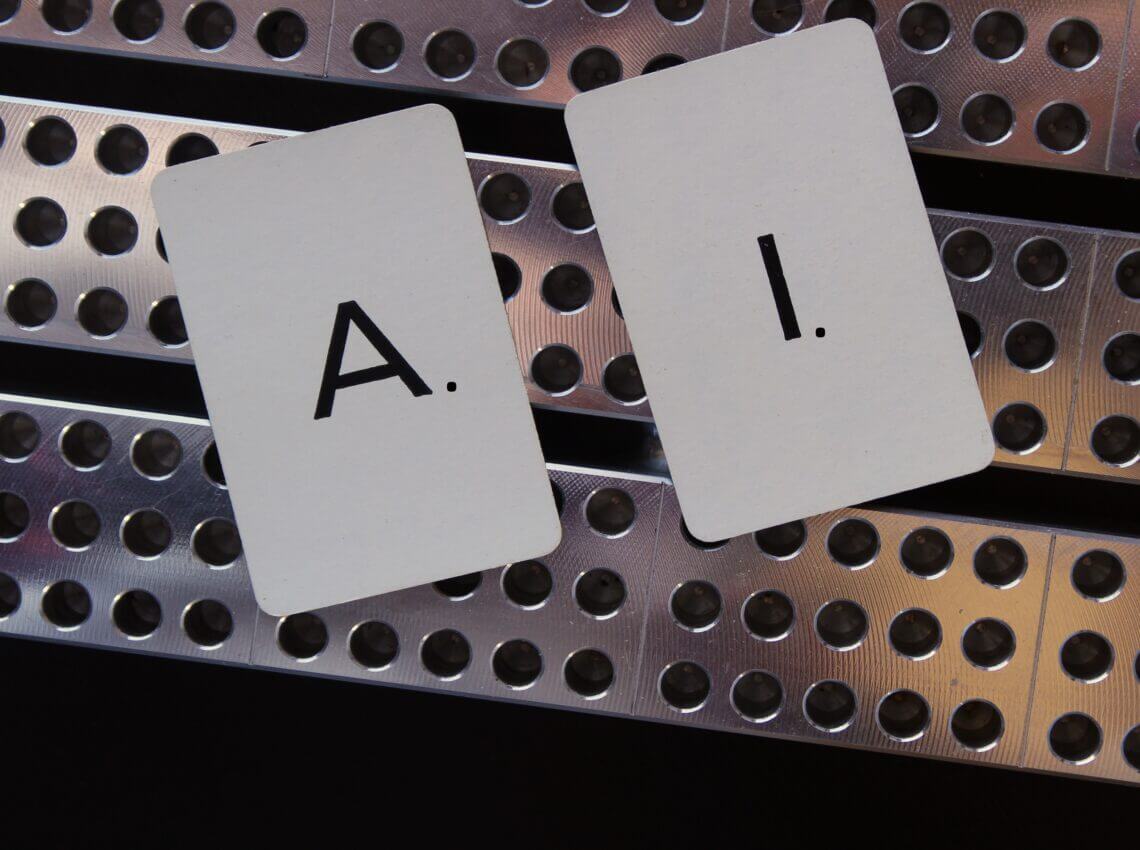The Impact of Artificial Intelligence on Education: Unlocking Opportunities and Confronting Challenges

Artificial intelligence (AI) has undeniably transformed the world as we know it, revolutionizing industries from healthcare to finance. In the realm of education, its impact is equally profound, heralding a new era of possibilities while presenting unique challenges.
This article delves into the dynamic relationship between AI and education, exploring how this advanced technology is reshaping learning experiences, enhancing teaching methodologies, and addressing the imperatives of the modern age.
A New Dawn for Education
In the digital age, education is no longer confined to traditional classrooms. AI has democratized learning by providing accessibility and personalization to students worldwide. Whether it’s through online courses, adaptive learning platforms, or smart tutoring systems, AI is making education more inclusive and tailored to individual needs. It adapts to the pace of each student, ensuring that no one is left behind.
Moreover, AI-driven virtual classrooms have broken geographical barriers. Students can now engage with experts and peers from different corners of the globe, fostering a global perspective and cultural diversity in education.
Empowering Educators
While some fear that AI might replace teachers, the reality is quite the opposite. AI serves as an invaluable assistant to educators, alleviating administrative burdens and allowing them to focus on what truly matters: teaching. Automated grading systems, for example, save countless hours, enabling teachers to provide more timely and constructive feedback to students.
AI-powered analytics provide valuable insights into student performance. Teachers can identify areas where students are struggling and provide targeted support, tailoring their teaching methods to suit individual needs. This personalized approach enhances the overall quality of education.
Bridging the Learning Gap
One of the most significant advantages of AI in education is its ability to bridge the learning gap. Students with varying abilities and learning styles can benefit from customized learning pathways. For instance, a gifted student can be challenged with advanced materials, while a struggling student receives additional support and resources.
AI also addresses the issue of retention. It can identify when a student is starting to lose interest or motivation and intervene with engaging content or learning activities. By keeping students actively engaged, AI helps prevent dropout rates, ensuring a more educated society.
The Key to Lifelong Learning
In today’s fast-paced world, the importance of lifelong learning cannot be overstated. AI facilitates continuous education by recommending relevant courses and resources to individuals based on their interests and career goals. This fosters a culture of learning that extends beyond traditional academic settings.
Moreover, AI can predict future job market trends and suggest courses that align with emerging careers. This proactive approach equips individuals with the skills they need to stay relevant in an ever-changing job landscape.
Challenges on the Horizon
Despite its immense potential, AI in education is not without its challenges. One significant concern is data privacy. As AI systems collect vast amounts of data on students, there is a need for stringent data protection measures to prevent misuse or breaches.
Additionally, the digital divide remains a critical issue. Not all students have equal access to the necessary technology and internet connectivity, creating disparities in their AI-powered learning experiences. Ensuring equitable access to AI-driven education solutions is paramount.
The Human Touch
While AI can automate many aspects of education, it cannot replace the human touch entirely. Emotional intelligence, empathy, and mentorship are qualities that only humans can provide. It is imperative to strike a balance between AI-driven instruction and the irreplaceable guidance and support of educators.
Conclusion
In conclusion, the impact of Artificial Intelligence on education is profound, offering a plethora of opportunities while presenting unique challenges. AI has made education more accessible, personalized, and inclusive. It empowers educators and helps bridge learning gaps, fostering lifelong learning.
However, we must address challenges related to data privacy, the digital divide, and the preservation of the human element in education. Striking this balance will be the key to unlocking the full potential of AI in education and preparing future generations for success in a rapidly evolving world. Embracing AI as a powerful tool in education, rather than a replacement for it, is the path forward.











